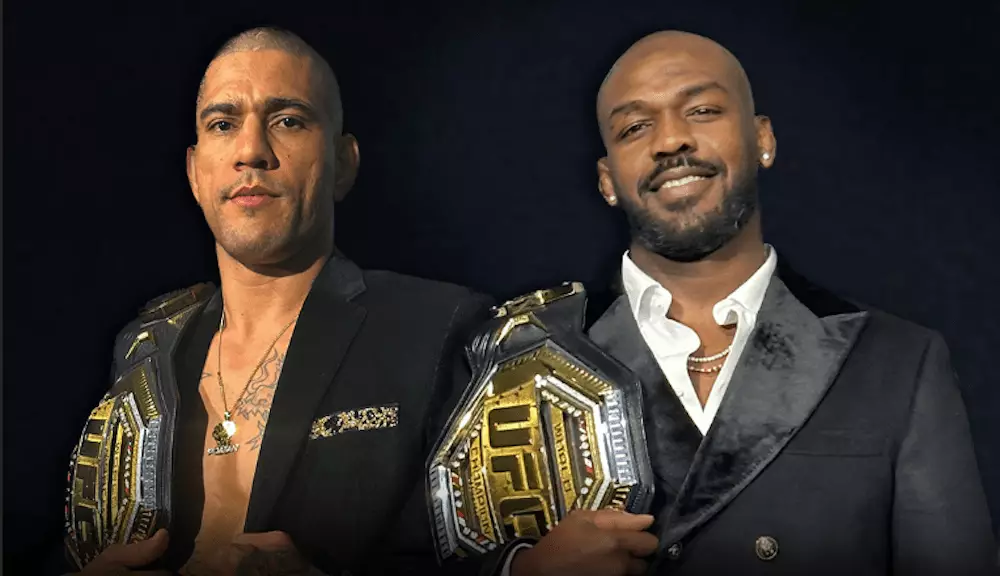In the world of mixed martial arts (MMA), few names elicit as much debate as Jon Jones. Recently, UFC CEO Dana White expressed a nuanced stance regarding a potential fight between Jon Jones and interim heavyweight champion Alex Pereira. This shift in tone reflects the complex interplay of legacy, obligation, and commercial interests that define the sport’s competitive landscape. Jones, with a storied history and a resumé that boasts a record of 27 wins against just 1 loss, voiced his intentions following his heavyweight title defense against Stipe Miocic at UFC 309. He indicated that he isn’t inclined to unify his title with the interim champion, Tom Aspinall, instead eyeing a fight with Pereira as his only reason to remain in the sport.
Defining Legacy vs. Commercial Revisionism
White’s response indicates a strong belief in the hierarchical nature of championship titles. He made it clear that while Jones remains a high-profile figure, there are expectations that come with that stature, particularly the need to compete against the interim champion before seeking a “fun” match-up. White’s remarks suggest a fundamental belief that Jones holds a responsibility to facilitate the growth of younger talent in the UFC, epitomized by Aspinall. The suggestion that Jones might retire if he does not get his preferred fight underscores the intricacies of athlete psychology; fighters often look for bouts that not only secure their legacies but also position them advantageously in the sport.
What is particularly interesting is White’s acknowledgment of Jones’s longstanding position and contributions to the UFC, stating, “if he wants something, we would do it.” This represents an understanding that, although the UFC operates on a business-first philosophy, the promotion is still influenced by the prominence of headline athletes. White’s insight implies that the UFC does not merely dictate terms but has room for negotiations, provided that the athletes maintain a level of competitive integrity, which includes facing contenders like Aspinall. The caveat he places on Jones’s potential fight with Pereira serves as both a warning and an opportunity; it signals that retirement without taking on up-and-coming fighters might not be the very dignified exit he anticipates.
As the narrative unfolds, the implications of Jones’s decisions extend beyond his own career. Aspinall views himself as the rightful contender, and the lingering tension between him and Jones encapsulates the competitive spirit inherent in heavyweight MMA. While Jones has labeled Aspinall as an “asshole,” a personal dig that complicates the business relationship, the possibility of a showdown creates intrigue for fans who thrive on rivalry. Should Jones move forward and face Aspinall, it would not only unify the heavyweight titles but also set a precedent regarding the treatment of interim champions.
The interplay between Jones, White, and the unfolding championship picture serves as a microcosm of the broader challenges faced by athletes in navigating their legacies while meeting the demands imposed by the UFC machinery. As the UFC moves forward, it remains to be seen if evolution will drive fighters toward greater responsibility or if personal desire will overshadow competitive integrity.

